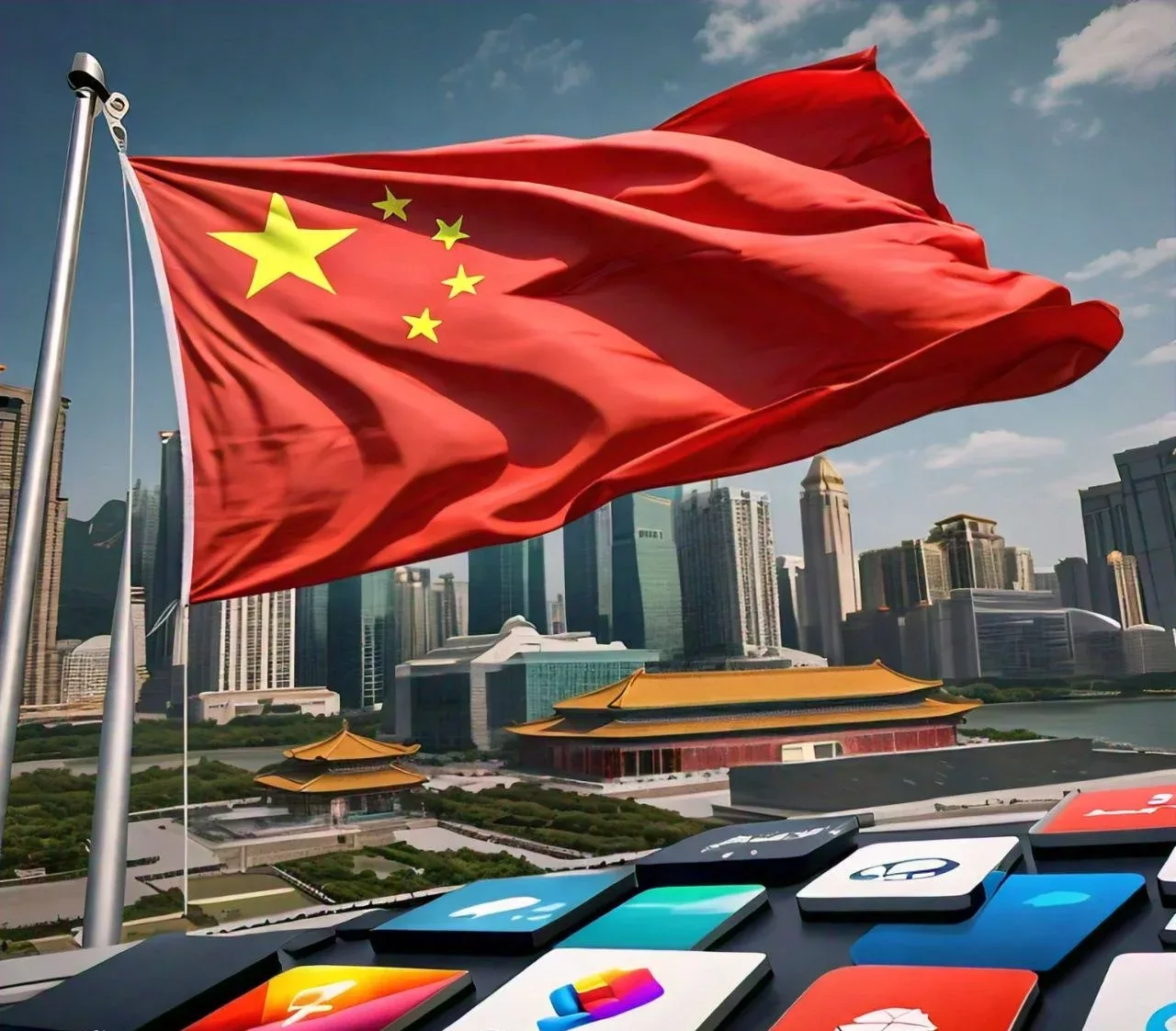As geopolitical tensions rise, Chinese technology companies like Huawei and Baidu are strategically stockpiling high-end semiconductors from Samsung Electronics, preparing for anticipated US export restrictions. This move underscores China’s determination to maintain its technological ambitions despite increasing trade tensions with the United States and other Western nations.
Anticipating US Export Controls
Chinese tech giants such as Huawei and Baidu, along with numerous startups, have been ramping up their purchases of high bandwidth memory (HBM) semiconductors since early 2024. These chips are crucial for developing advanced processors, including Nvidia’s graphics processing units, which are essential for artificial intelligence (AI) applications. According to industry sources, these acquisitions have significantly contributed to China accounting for about 30% of Samsung’s HBM chip revenue in the first half of 2024.
The US government is expected to introduce an export control package this month, which will impose new restrictions on shipments to China’s semiconductor industry. This package will likely include parameters for restricting access to HBM chips, as part of efforts to protect US national security and technological ecosystems. Although the specific details of the proposed HBM restrictions remain unclear, the anticipated curbs are already influencing global semiconductor supply chains.
China’s Response to Supply Chain Threats
In response to these impending restrictions, Chinese companies are not only increasing their stockpiles but also focusing on older models like the HBM2E, which are two generations behind the most advanced HBM3E. Due to the global AI boom, there is already a tight supply of the advanced HBM3E models, making it challenging for Chinese firms to acquire the latest technology.
“Given that its domestic technology development is not yet fully mature, China’s demand for Samsung’s HBM has become exceptionally high, as other manufacturers’ capacities are already fully booked by American AI companies,” said Nori Chiou, investment director at White Oak Capital Partners in Singapore.
Impact on Global Semiconductor Supply Chain
The increased demand from China has significant implications for the global semiconductor supply chain. Samsung Electronics, along with SK Hynix from South Korea and Micron Technology from the US, are the primary producers of HBM chips. With Chinese firms stockpiling these semiconductors, there is a noticeable shift in the market dynamics.
Businesses across various sectors in China, from satellite manufacturers to tech firms like Tencent, have been actively purchasing these chips. One source revealed that chip designing startup Haawking recently placed an order for HBM chips from Samsung. Huawei, another key player, has been utilizing Samsung’s HBM2E semiconductors to produce its advanced Ascend AI chip.
Challenges and Strategic Adjustments
The looming US export restrictions could have a more significant impact on Samsung compared to its competitors. While SK Hynix and Micron have already adjusted their strategies, Samsung’s reliance on the Chinese market makes it more vulnerable to these changes. Micron has abstained from selling its HBM products to China since last year, and SK Hynix has been focusing on producing advanced HBM chips for major customers like Nvidia.
Earlier this year, SK Hynix announced plans to adjust production to expand HBM3E output, with its HBM chips already sold out for this year and almost sold out for 2025. This proactive approach contrasts with Samsung’s situation, highlighting the potential challenges Samsung might face as the new US rules take effect.
The Road Ahead for Chinese Tech Firms
Chinese companies have made some progress in producing their own HBM chips, with Huawei and memory chipmaker CXMT working on developing HBM2 chips. However, these efforts are still far behind the current leading technology, and the new US restrictions could further hinder their progress.
The strategic stockpiling of HBM semiconductors by Chinese firms reflects their preparation for a more restrictive trading environment. As the global semiconductor industry navigates these geopolitical challenges, the focus remains on maintaining technological advancements while adapting to new regulatory landscapes.
In conclusion, the actions of Chinese tech giants to stockpile high-end Samsung chips highlight the significant impact of geopolitical tensions on the global semiconductor supply chain. As the US prepares to implement new export controls, the tech industry must brace for further shifts in market dynamics and continue to adapt to ensure technological growth and stability.
More Updates: Tech News


